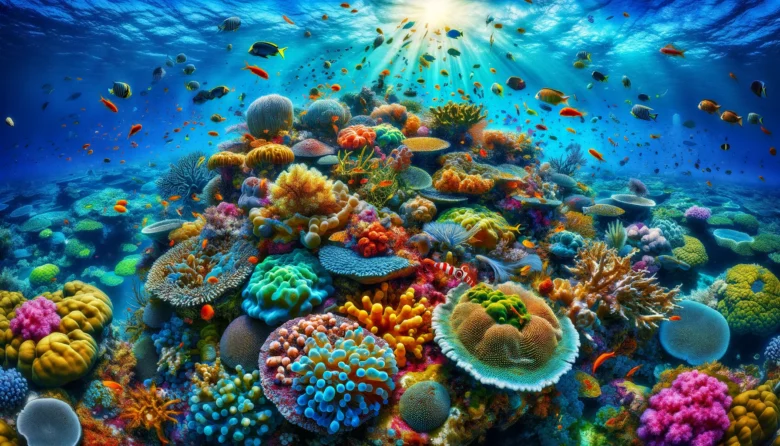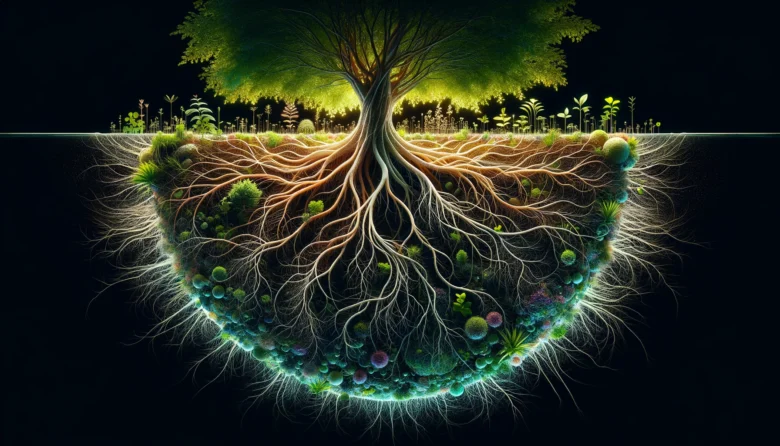pH, a term we often encounter in science classes, profoundly influences both the natural world and our daily lives. This simple scale, ranging from acidic to alkaline, is a cornerstone of chemical science, underpinning countless processes from the metabolic pathways in our bodies to the functioning of ecosystems. Despite its scientific origins, the concept of …
Month: March 2024
Opportunity cost, a fundamental concept in economics, represents the potential benefits an individual, investor, or business misses out on when choosing one alternative over another. At its core, it embodies the essence of decision-making, highlighting the trade-offs that accompany every choice we make, whether in our personal lives or in the business world. Understanding opportunity …
Beneath the vast, dark expanse of the world’s oceans lies a realm so remote and unexplored that it rivals the mystery of outer space. This enigmatic world, known as the deep sea, harbors secrets and resources that have captivated the human imagination and scientific curiosity for decades. Among these is the alluring prospect of deep-sea …
Water, the most essential resource for life on Earth, is entering a new phase of commodification that could reshape its accessibility, management, and conservation. The advent of water futures as a tradable commodity on financial markets represents a significant shift in the perception and management of water resources. Traditionally viewed as a public good, water …
Magnetism, a fundamental force of nature, has captivated human curiosity and ingenuity for millennia. This invisible force, which allows magnets to attract or repel each other and generate electricity, is not just a scientific curiosity but a cornerstone of modern civilization. The journey of magnetism, from guiding ancient sailors through the stars with a humble …
Coral reefs, often celebrated as the rainforests of the sea, are among the most vibrant and diverse ecosystems on our planet. They provide shelter, food, and breeding grounds for an astonishing array of marine life, supporting an estimated 25% of all marine species. Yet, the foundational role of a lesser-known protagonist within this underwater paradise …
Neuroplasticity, a term that has captivated the field of neuroscience, refers to the brain’s remarkable ability to reorganize and adapt its structure and function throughout an individual’s life. This adaptive capacity allows the brain to form new neural connections in response to learning, experience, and even injury. The concept of neuroplasticity challenges the long-held belief …
Plants, often perceived as silent and static, are actually active communicators, engaging in complex interactions with their environment and fellow organisms through chemical signals. This subtle and sophisticated form of communication allows plants to convey vital information about their needs, threats, and the state of their surroundings. The study of these chemical signals opens a …
Introduction: The Science of Sleep Sleep, often considered just a passive state of rest, is a complex and dynamic process crucial to our well-being. While we close our eyes and drift off to dreamland, our bodies embark on an essential journey of repair, restoration, and rejuvenation. The science of sleep delves into this nocturnal activity, …
Relativity in Everyday Life: Not Just a Theory for Astrophysicists
When we hear the term “relativity,” our minds often conjure images of Albert Einstein and complex astronomical phenomena. However, the principles of relativity are not just abstract concepts reserved for theoretical physicists; they are integral to the functioning of many technologies we use daily. This blog post will demystify the theory of relativity, moving it …










